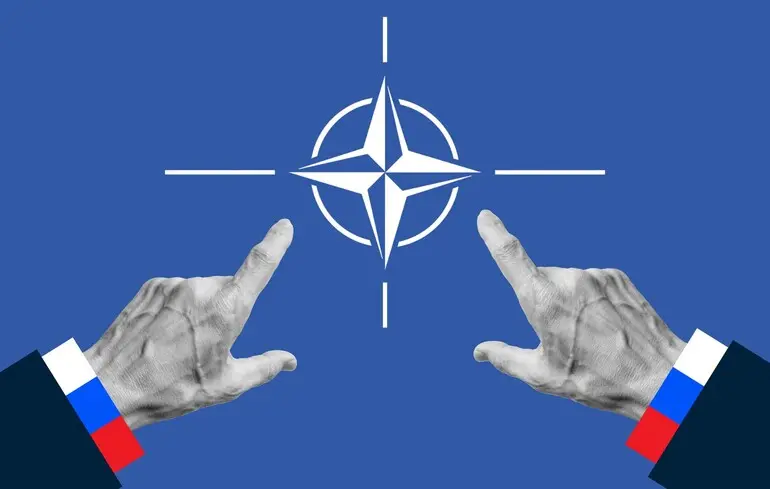European Leaders Issue Stern Warning to Russia: Ready to Shoot Down Its Aircraft in Response to Provocations

This week, capitals across Europe echoed strong messages warning the Kremlin of serious consequences in case of further airspace violations.
Diplomats from multiple nations, including the UK, France, and Germany, during closed-door negotiations in Moscow, stated that NATO intends to respond decisively to any new provocations from Russia, particularly regarding the crossing of military aircraft over Estonia and other Baltic states.
These actions are viewed as deliberate displays of hostile intent, sanctioned by Russia’s top military leadership.
Meanwhile, Russian officials denied any violations of Estonian airspace, insisting their aircraft never entered international borders and do not aim to test NATO’s patience.
They also attributed the incident with drones crossing into Poland to a technical error.
Moscow maintains that Russian military flights are conducted in accordance with international laws and remains open to dialogue.
On the other hand, Ukraine’s defense minister called on NATO to act boldly, citing Turkey’s decisive shoot-down of a Russian fighter in 2015 as a model.
Experts highlight that tensions in the region are escalating, with Russia’s provocations resembling hybrid warfare tactics.
Europe faces a dilemma: balancing restraint with the urgent need to respond to threats, as aggressive Russian maneuvers could trigger a broader conflict.
Political circles are rallying around the idea of a swift and firm response, but differences in approach and fears of escalation complicate unified action.
Intelligence reports suggest Russia is testing the international community’s reaction by deploying drones and advanced aircraft, which could signal preparations for larger-scale escalation.
European nations, particularly Poland and Baltic states, are increasingly calling for enhanced defense measures and faster deployment of modern air defense systems, including missile defense and cyber-protection.
As this tense standoff continues, maintaining unity and demonstrating solidarity remain critical to preventing further escalation and ensuring regional stability.

